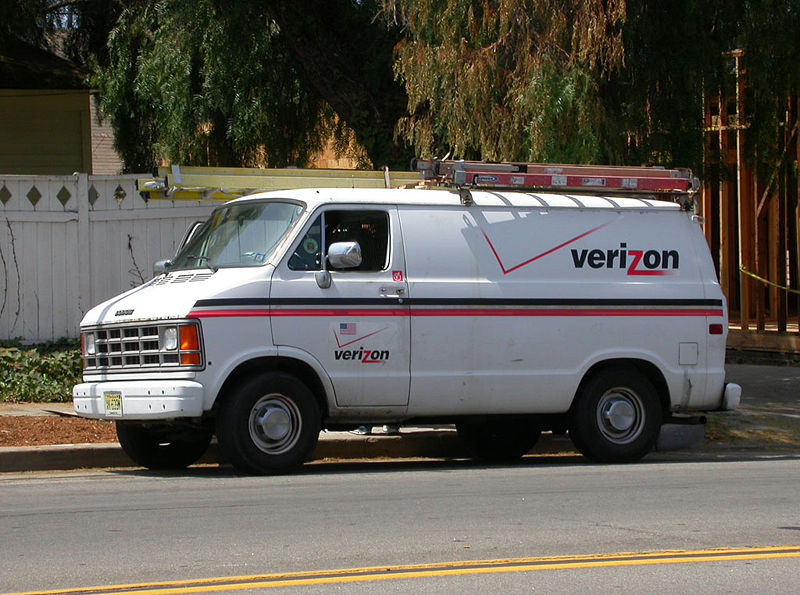Verizon says it's not really trying to throttle Netflix traffic, just testing
This could be a preview of what's to come once the FCC dismantles existing net neutrality rules.

Some Verizon Wireless customers made a fuss after discovering that video streamed from Netflix was being capped. Otherwise known as throttling, the issue seemed to speak at the heart of net neutrality, with regulations in place that are supposed to prevent wireless carriers and ISPs from unfairly throttling traffic. The question is, was Verizon being unfair?
"We've been doing network testing over the past few days to optimize the performance of video applications on our network," Verizon said a statement to Arstechnica. "The testing should be completed shortly. The customer video experience was not affected."
What Verizon calls an optimization test seems more like a hard cap at 10Mbps, according to tests performed on Netflix's own speed testing tool. Arstechnia says it ran the test itself on an iPhone handset and got a 10Mbps download speed on fast.com, which is Netflix's speed test tool. A subsequent test on Ookla's Speedtest application returned a download speed of nearly 82Mbps on the very same Verizon LTE network, so clearly something is going on.
The Verge also reported the apparent Netflix throttling, which elicited a response from Verizon saying the article was "dead wrong" and that it "makes no sense." According to Verizon, it was not just Netflix that was affected, but all online video.
"We are constantly testing the network," Verizon said. "It's what we do, to optimize performance for our customers. The test was across the board, and did not target any individual applications."
Perhaps the reason why Netflix was singled out by customers is because it has its own speed test tool. Nevertheless, Verizon's claim that it is optimizing its network still seems a little weird when it's really a hard cap.
Verizon downplayed that as well.
Keep up to date with the most important stories and the best deals, as picked by the PC Gamer team.
"The consumer video experience should have been unaffected by the test, since 1080p video is HD quality and looks great at 10[Mbps]," Verizon added.
That's actually true, though there are unique scenarios where capping video feeds at 10Mbps could result in a degraded stream. For example, Netflix requires 25Mbps for 4K video on non-mobile devices. If a Verizon customer is tethering their phone to a device that is capable of steaming Netflix in 4K, a 10Mbps cap could be an issue.
Of course, that would be a unique situation, but it should not matter. As Arstechnica points out, Verizon claimed in February when rolling out its new unlimited plan that it would "deliver whatever the content provider gives us," adding that it doesn't manipulate data. We're not sure how capping video feeds from Netflix, YouTube, and others fits in with that promise.
There is also a bigger picture at play here. It's disturbing to us that Verizon rolled out these supposed tests without first disclosing them to customers. Bear in mind that the FCC will in all likelihood roll back net neutrality rules that were implemented under the previous administration, rules that prohibit blocking or throttling legal internet content (there are some exceptions). If nothing else, the timing of Verizon's optimization tests (i.e., throttling) feels uneasy.
Paul has been playing PC games and raking his knuckles on computer hardware since the Commodore 64. He does not have any tattoos, but thinks it would be cool to get one that reads LOAD"*",8,1. In his off time, he rides motorcycles and wrestles alligators (only one of those is true).


